Ngulia Rhino Sanctuary
Ngulia Rhino Sanctuary is a 90 km² protected conservation area in Tsavo West National Park. Established in 1986, it was created to safeguard the critically endangered black rhino, whose numbers were devastated by poaching in the 1970s and 80s.
Today, with a population of over 120 Eastern black rhinos, it remains one of Kenya’s most vital rhino sanctuaries and a cornerstone in national conservation efforts. Located near Ngulia Hills, the sanctuary offers visitors a unique and rare chance to view rhinos in their natural habitat.
Location & Accessibility
Ngulia Rhino Sanctuary is located within the central region of Tsavo West National Park, specifically in the area known as Rhino Valley, at the foot of the towering Ngulia Hills. The sanctuary lies about 5 km from Ngulia Safari Lodge and approximately 34 km northwest of Voi town.
It is fully enclosed within Tsavo West National Park, occupying a secure, fenced area of 35 square kilometers (3,500 hectares).
How to Get There:
By Road:
✓ Voi Town: 34.4 km away via main park roads
✓ Ngulia Safari Lodge is 5 km from the sanctuary
✓ From Mombasa: Approximetlay 4.5–5 hours via Voi Gate
✓ From Nairobi: Approximetlay 5–6 hours via Mtito Andei Gate
By Air:
✓ Transfers available by safari vehicle
✓ Kilaguni or Manyani Airstrips (closest options)
By Rail:
✓ SGR(Standard Gauge Railway) to Mtito Andei Station (approx. 40 km away)
✓ Road transfers to lodge or sanctuary can be arranged
Conservation History & Purpose
✓ Patrolled 24/7 by KWS rangers and support teams
✓ A fenced perimeter protects rhinos from external threats
✓ Contributes to vegetation balance and overall ecosystem health
✓ Established in 1986 after poaching devastated rhino populations
✓ Plays a central role in Kenya’s rhino breeding and rewilding programs
Wildlife & Viewing Opportunities
Black Rhinos:
✓ Typically shy and solitary
✓ Often seen browsing during early morning or late afternoon
✓ Sanctuary design improves visibility without interfering with natural behavior
Other Wildlife:
✓ Lions, leopards, hyenas
✓ Giraffes, zebras, buffalo
✓ Elephants frequently pass through
✓ Lesser kudu, dik-dik, eland, warthogs
Birdlife:
✓ Martial eagles, hornbills, weavers
✓ Secretary birds, Kori bustards, raptors
✓ Waterhole areas are hotspots for viewing
Activities & Experiences
Game Drives:
✓ Conducted in 4×4 vehicles
✓ Guided by KWS rangers or licensed operators
✓ Morning and evening drives for better rhino sightings
Walking Safaris (nearby):
✓ Led by armed rangers
✓ Outside sanctuary boundaries
✓ Excellent for birding and plant ecology
Photography Safaris:
✓ Best with a telephoto lens (200–400mm)
✓ Great lighting and composition around waterholes
✓ Early morning and late afternoon are recommended
Lodge-Based Observation:
✓ Binoculars enhance passive viewing
✓ Good chances to see elephants, rhinos, predators
✓ From Ngulia Safari Lodge overlooking the waterhole
Best Time to Visit
Dry Season (June–October):
✓ Wildlife gathers at waterholes
✓ Sparse vegetation, better visibility
✓ Ideal for photography and rhino tracking
Wet Season (November–May):
✓ Superb for birding
✓ Lush scenery, harder to spot wildlife
✓ Calving season for antelopes and prey species
Nearby Facilities
Ngulia Safari Lodge:
✓ 5 km from the sanctuary
✓ Dining room, bar, lounge, deck
✓ Scenic views of the waterhole and Ngulia Hills
✓ Affordable accommodation, ideal base for rhino exploration
Conservation Challenges & Solutions
Challenges:
✓ Rhino horn poaching
✓ Habitat pressure and encroachment
✓ Limited funding for long-term support
Solutions:
✓ Electrified perimeter fencing
✓ Round-the-clock ranger patrols
✓ Local employment and ecotourism benefits
✓ Surveillance via drones and tracking devices
✓ Community outreach and education programs
Visitor Tips
✓ Wear neutral colors and stay quiet
✓ Use binoculars and long-lens cameras
✓ Avoid flash photography and loud noises
✓ Travel with registered guides for safety and insight
✓ Visit during cooler hours (6:30–9:30 AM, 4:30–6:30 PM)
✓ Access to the Ngulia Rhino Sanctuary is included in the standard Tsavo West National Park entry fee. There is no separate charge for visiting the sanctuary. However, all visitors must pay the applicable Tsavo West National Park entry fees
Why Visit Ngulia Rhino Sanctuary?
✓ One of Kenya’s last strongholds for black rhinos
✓ Visit directly supports critical conservation work
✓ Less crowded than other rhino-viewing locations
✓ Higher chances of rhino sightings due to the controlled area
✓ Opportunity to witness Tsavo’s unique predator-prey dynamics
✓ Close access to Ngulia Hills, Mzima Springs, and other Tsavo landmarks
Ngulia Rhino Sanctuary Pictures
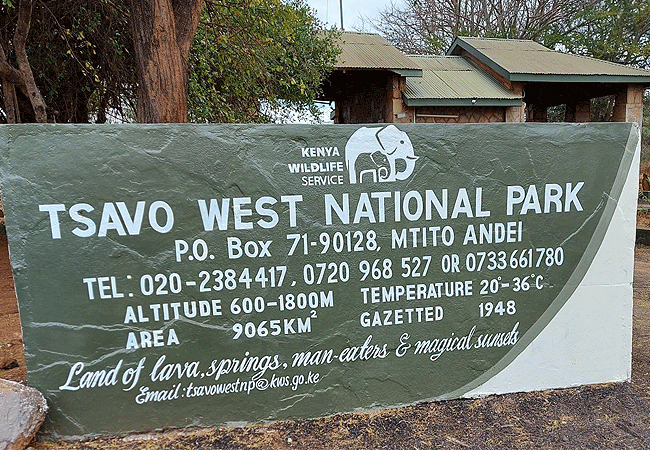
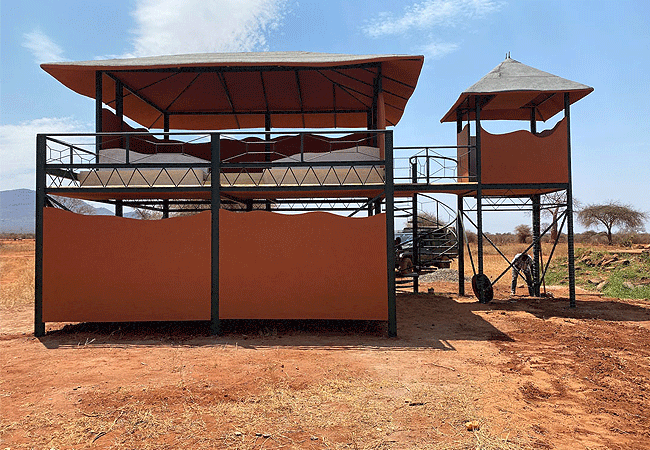
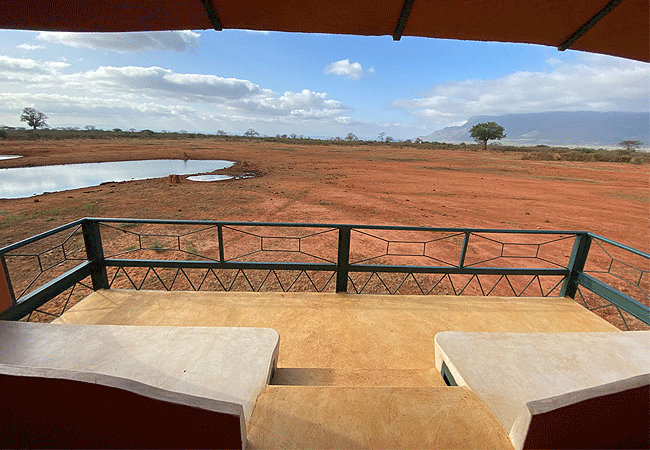
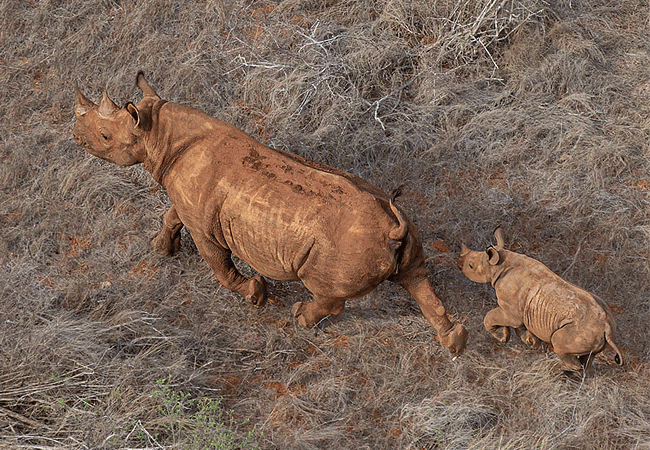
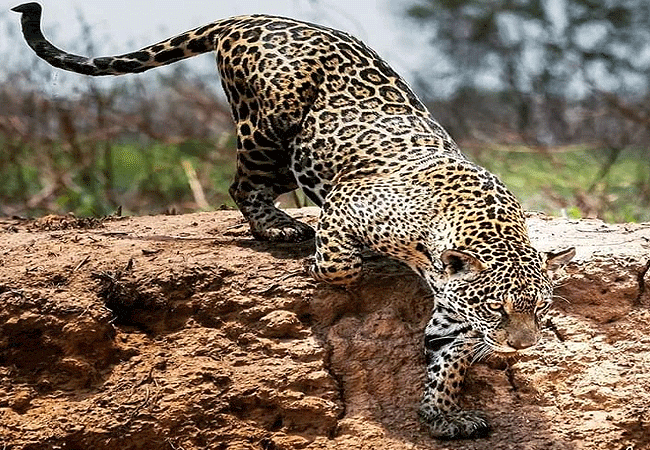
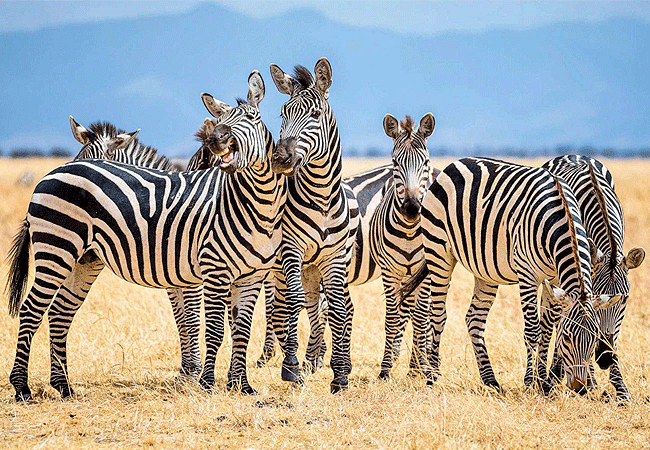
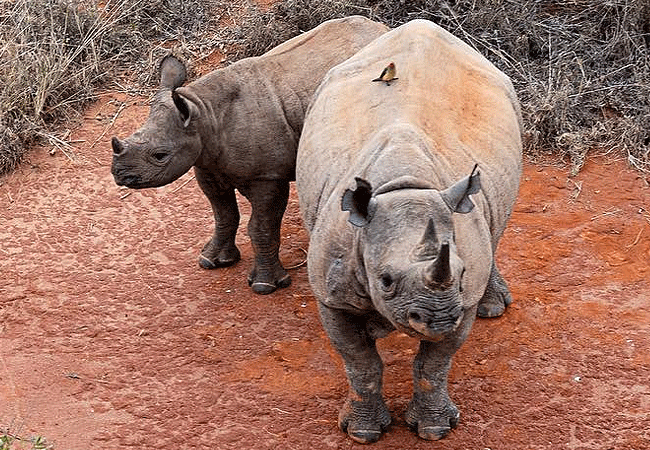
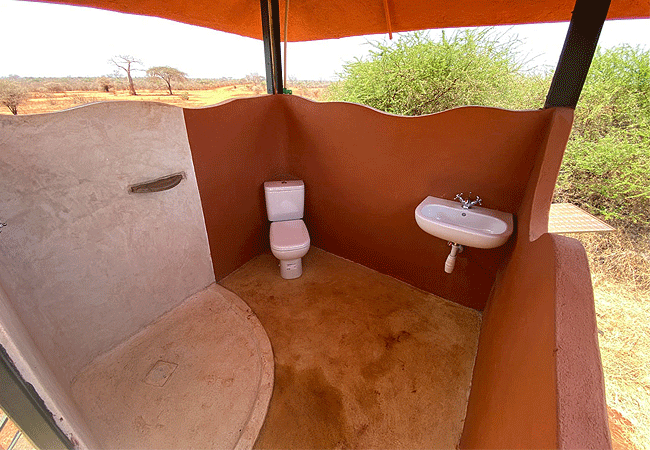
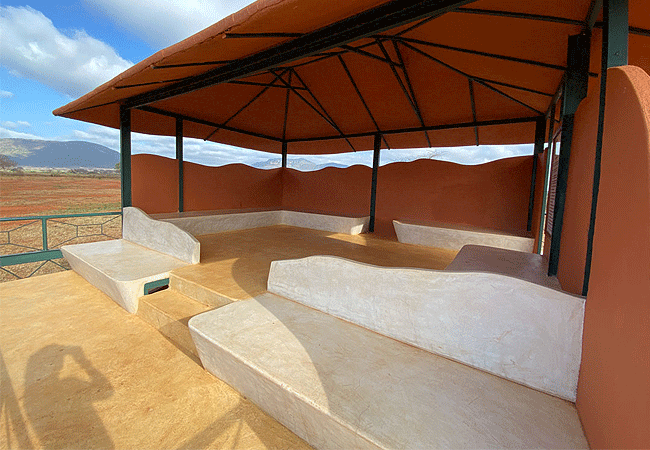
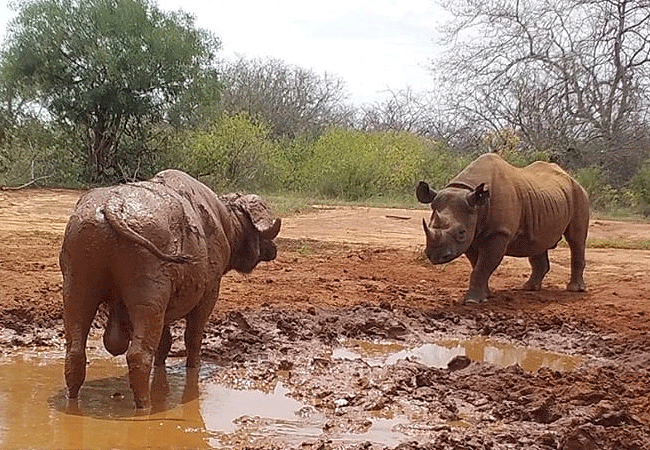
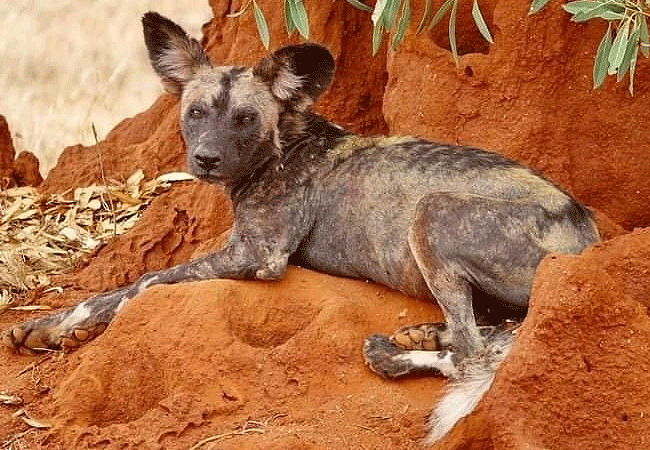
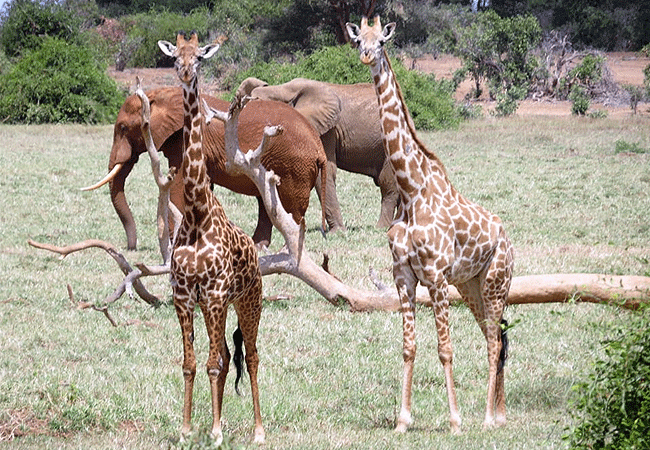
Ngulia Rhino Sanctuary Viewing Platform
Ngulia Rhino Sanctuary features one of the most exclusive and immersive wildlife experiences in Kenya — a raised, overnight viewing platform tucked inside the sanctuary, overlooking a waterhole frequented by black rhinos, elephants, leopards, wild dogs, and an astonishing variety of birds.
This platform is designed for complete privacy and is booked exclusively for one group at a time. Whether you’re a photographer, wildlife enthusiast, or simply craving a once-in-a-lifetime experience, this platform delivers unmatched proximity to nocturnal wildlife activity.
Overview
✓ Capacity: Maximum of 6 people
✓ Privacy: Exclusive booking — only one group at a time
✓ Size: 6m x 6m raised platform (approx. 10 ft. off the ground)
✓ Waterhole: Directly overlooks a central wildlife drinking point
✓ Location: Near a KWS security base inside Ngulia Rhino Sanctuary
Facilities
✓ No fires, gas stoves, or open flames allowed
✓ No plastic bottles permitted inside the sanctuary
✓ Basic shelter and structure (open-air with a roof)
✓ Toilet, shower, and washbasin with running water
✓ Self-catering setup (no kitchen or catering service)
✓ No electricity; guests should bring torches or night-vision lenses
What to Bring
✓ Toiletries and towels
✓ Food and drinks (self-catering only)
✓ Eating utensils: plates, cups, cutlery
✓ Warm clothing (can be cold at night)
✓ Bedding: bedrolls, sleeping bags, mattresses
✓ Binoculars or night-vision gear (strongly recommended)
Wildlife Viewing
Expect to witness dramatic wildlife activity around the clock, especially at night. Black rhinos, buffalo herds, elephants, leopards, and hyenas regularly visit the waterhole. The activity can be intense, noisy, and exhilarating — guests often report sleepless nights in the best way possible.
Best Time to Visit
✓ Full Moon: Offers optimal night visibility
✓ Dry Season: February–March and June–early October
✓ Recommended Stay: 1–2 nights for the best experience
Booking & Check-In
✓ Check-in: By 16:00
✓ Check-out: By 09:00 the next day
✓ Security: Located near a KWS outpost for both guest and rhino safety
Note: This is a wilderness facility. Quiet, minimal disturbance, and conservation-first behavior are expected.
Booking & Reservations Ngulia Rhino Sanctuary Contact
Mobile: + 254-721-242-711
WhatsApp: +254-721-242-711
Reservations: +254 718-179-967
Email: [email protected]
Website: https://africanspicesafaris.com
